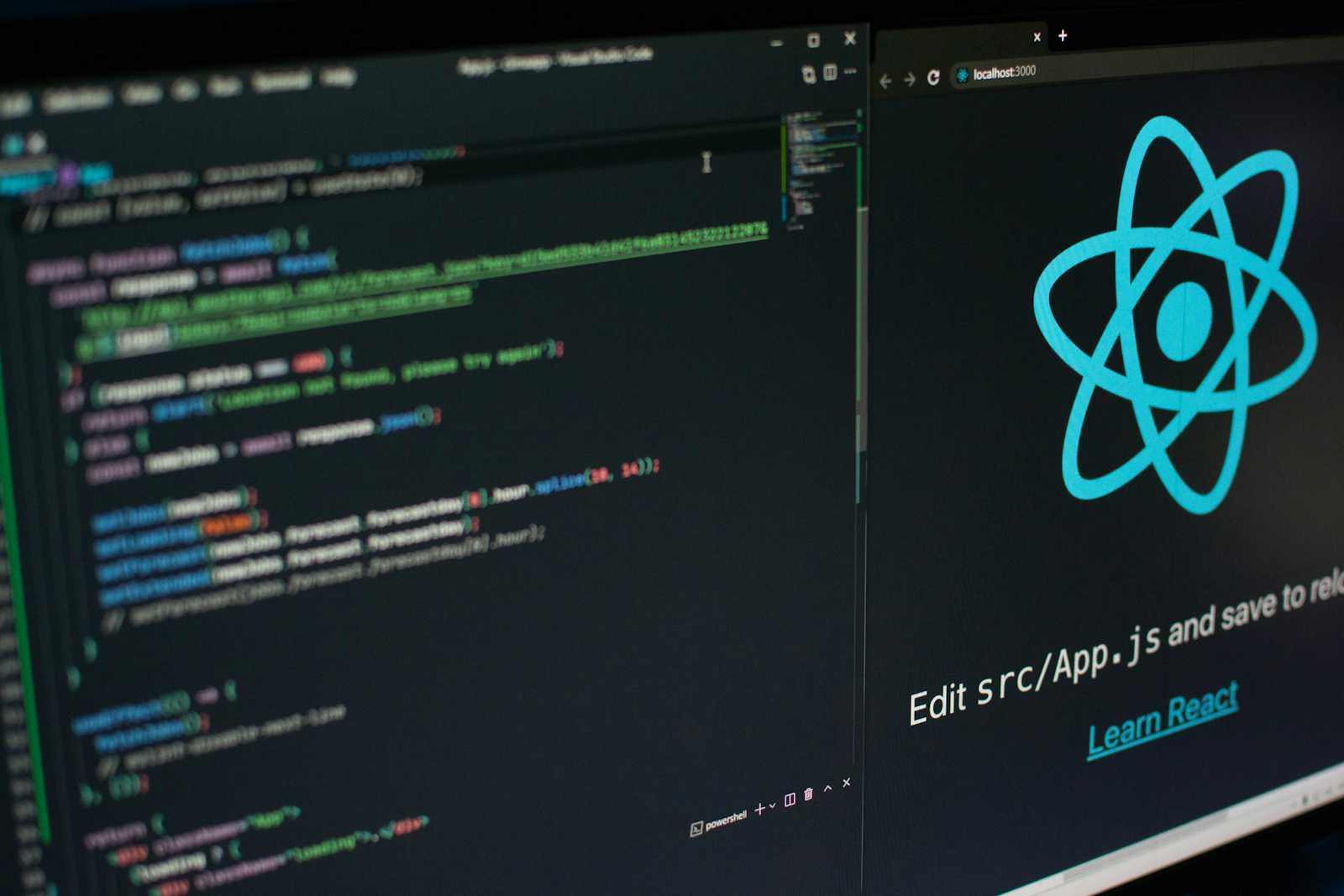Embarking on My React.js Journey: The First Step Towards Becoming a MERN Stack Developer
 Piyush Wardhe
Piyush Wardhe
Introduction: The Importance of React.js in MERN Stack Development
As many aspiring web developers will tell you, mastering the MERN stack is a significant milestone in one's programming career. MERN, an acronym for MongoDB, Express.js, React.js, and Node.js, represents a powerful and flexible set of technologies used for building dynamic and scalable web applications. Among these, React.js stands out as the front-end component that makes creating interactive and user-friendly interfaces a breeze. Today, I'm thrilled to share that I'm taking my first step towards becoming a proficient MERN stack developer by starting my journey with React.js.
Why React.js?
1. React.js: The Heart of Modern Web Development
React.js, developed and maintained by Facebook, is one of the most popular JavaScript libraries for building user interfaces. Its component-based architecture allows developers to create reusable UI components, making code more manageable and scalable. This efficiency is crucial for developing sophisticated web applications, which is why React.js is a cornerstone of the MERN stack.
2. Building Interactive UIs
One of the standout features of React.js is its ability to create highly dynamic and interactive user interfaces. This capability is essential for modern web applications where user experience plays a pivotal role. With React, developers can efficiently update and render the right components as data changes, providing a smooth and responsive experience for users.
3. The Power of JSX
React.js introduces JSX, a syntax extension that allows developers to write HTML directly within JavaScript. This approach simplifies the process of creating and managing the UI components, blending the power of JavaScript with the flexibility of HTML. JSX makes the code more intuitive and easier to debug, which is particularly beneficial for beginners like myself.
My Learning Plan
1. Understanding the Basics
My journey with React.js begins with grasping the fundamental concepts. This includes understanding components, props, state, and the component lifecycle. These basics form the foundation upon which more complex applications are built. Online resources such as tutorials, documentation, and interactive coding platforms will be my primary tools in this phase.
2. Hands-on Practice
Theory is essential, but practical application is where true learning happens. I plan to create small projects and build simple applications to reinforce my understanding of React.js. Starting with tasks like creating a to-do list or a basic projects like blog website, expense tracker will help me get comfortable with the library and its ecosystem.
3. Exploring Advanced Topics
Once I have a solid grasp of the basics, I will delve into more advanced topics such as React Router for navigation, Redux for state management, and Hooks for functional component enhancements. These advanced concepts are crucial for building complex, production-level applications.
4. Integrating with MERN Stack
As my proficiency with React.js grows, I will start integrating it with the other components of the MERN stack. This involves connecting React with Node.js and Express.js for back-end functionality and using MongoDB for database management. Building full-stack applications will be the ultimate goal of my learning journey.
If you feel inspired or want to learn along with me, don't hesitate to reach out. Let's connect and grow together! You can find me on my portfolio website and LinkedIn profile. Let's code our way to success!
Subscribe to my newsletter
Read articles from Piyush Wardhe directly inside your inbox. Subscribe to the newsletter, and don't miss out.
Written by

Piyush Wardhe
Piyush Wardhe
Hello World! I'm Piyush Vilas Wardhe, a second year student at Vishwakarma Institute Of Technology (VIT), Pune. It would be great to call me as a software developer having keen hand over concepts like DSA, OOPs, DBMS and OS. Parallelly I'm a team player and an innovative thinker.